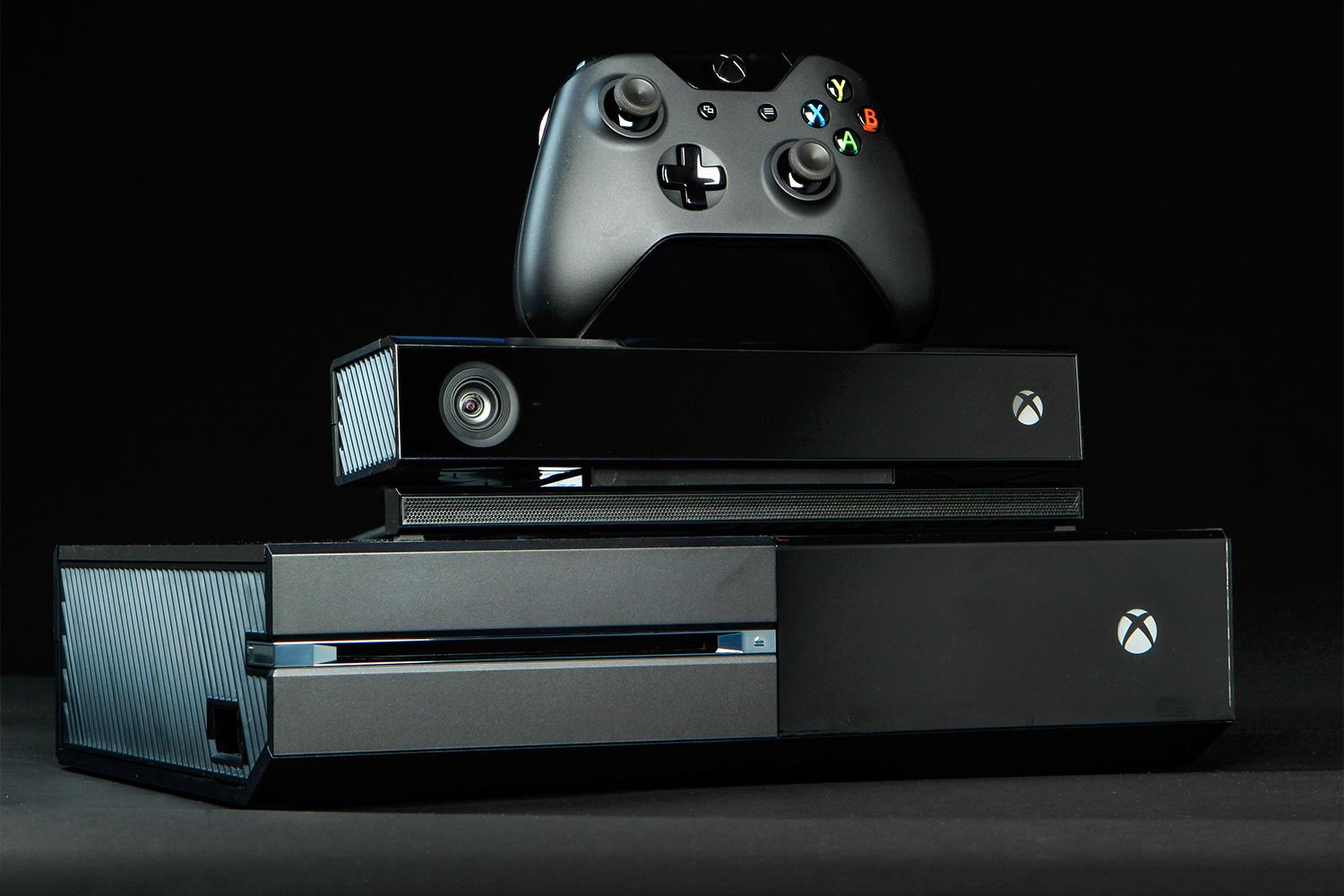What is normal range of bilirubin?
Normal Results It is normal to have some bilirubin in the blood. A normal level is: Direct (also called conjugated) bilirubin: less than 0.3 mg/dL (less than 5.1 µmol/L) Total bilirubin: 0.1 to 1.2 mg/dL (1.71 to 20.
What level of bilirubin is high?
Typically, bilirubin levels fall somewhere between 0.3 and 1.0 milligrams per deciliter (mg/dL). Anything above 1.2 mg/dL is usually considered elevated.
At what level is bilirubin a concern?
The level of bilirubin that is harmful is around 20. Reaching a level this high is rare. High levels need to be treated with bili-lights.
What happens when bilirubin is high?
Bilirubin passes through the liver and is eventually excreted out of the body. Higher than usual levels of bilirubin may indicate different types of liver or bile duct problems. Sometimes, higher bilirubin levels may be caused by an increased rate of destruction of red blood cells.
What is normal limit of bilirubin?
Different labs may have slightly different ranges for what they consider normal bilirubin levels. On average, total bilirubin levels between 0.2 and 1.3 mg/dL are considered normal for children and adults. If your levels are higher, your healthcare provider may want to investigate further to look for the cause.
How do you get your bilirubin down?
Treatments to lower the level of bilirubin in your baby's blood may include:
- Enhanced nutrition. …
- Light therapy (phototherapy). …
- Intravenous immunoglobulin (IVIg). …
- Exchange transfusion.
Does high bilirubin go away?
Jaundice usually goes away on its own, so treatment is usually not necessary. If your baby's bilirubin level is too high or rising too quickly, however, she may need treatment. You'll need to keep the baby well hydrated with breast milk or formula.
Can bilirubin be life threatening?
Having high bilirubin levels can be dangerous and can lead to complications, especially in newborns. This can result in a condition known as kernicterus in which seizures, irreversible brain damage, and death can occur.
What medications cause high bilirubin?
Drugs that can increase bilirubin measurements include allopurinol, anabolic steroids, some antibiotics, antimalarials, azathioprine, chlorpropamide, cholinergics, codeine, diuretics, epinephrine, meperidine, methotrexate, methyldopa, MAO inhibitors, morphine, nicotinic acid, oral contraceptives, phenothiazines, …
Is 1.9 bilirubin a concern?
Normal Results
It is normal to have some bilirubin in the blood. A normal level is: Direct (also called conjugated) bilirubin: 0 to 0.3 mg/dL. Total bilirubin: 0.3 to 1.9 mg/dL.
What causes high bilirubin in adults?
High bilirubin levels can result from liver disease, pancreatitis, some cancers, and other health problems. High bilirubin can lead to jaundice. This disorder is easily recognizable due to a yellowing of the skin and eyes. High bilirubin levels can occur in adults, but the disorder is more common in newborns.
What fixes high bilirubin?
Light therapy (phototherapy).
The light changes the shape and structure of bilirubin molecules in such a way that they can be excreted in both the urine and stool. During treatment, your baby will wear only a diaper and protective eye patches.
Can bilirubin go back down?
Often, a baby's bilirubin level goes up for the first 3 to 4 days and then slowly goes back down. A baby who is breastfed may have mild jaundice for a longer time than a baby who is fed formula. Jaundice isn't a serious problem in most healthy babies.
How do I get my bilirubin back to normal?
A healthy working liver promotes toxin removal and can process bilirubin into bile. Healthy foods include whole grains, fish, fruits and vegetables, olive oil, and low fat dairy. Eat more fiber: Fiber can also help rejuvenate the liver. The recommended fiber intake is 35 grams for women and 25 grams for men.
Can bilirubin be high for no reason?
Normal results can vary, but high bilirubin levels may mean your liver isn't working right. However, abnormal results don't always mean you have a medical condition that needs treatment. Other things may cause higher than normal bilirubin levels, such as certain medicines and foods or strenuous exercise.
How can I lower my bilirubin quickly?
However, following these four tips can help you boost overall liver health in addition to medical guidance.
- Stay hydrated. Staying hydrated helps lower bilirubin levels by facilitating the removal of waste from the body. …
- Consume fresh fruits and vegetables. …
- Increase your intake of fiber. …
- Avoid alcohol.
How do you fix bilirubin levels?
Eating a well-balanced diet supports your liver health and may help clear jaundice symptoms. This includes drinking water and eating vegetables and lean protein while avoiding alcohol and certain foods. Your liver removes toxins and clears old or damaged blood cells out of the body.
How do you clear your liver for bilirubin?
The American Liver Foundation recommends eating fiber to help your liver work properly. Fiber — especially soluble fiber — helps move bile and bilirubin out of the liver. This all-important nutrient is found in a variety of foods, including: fruits.

